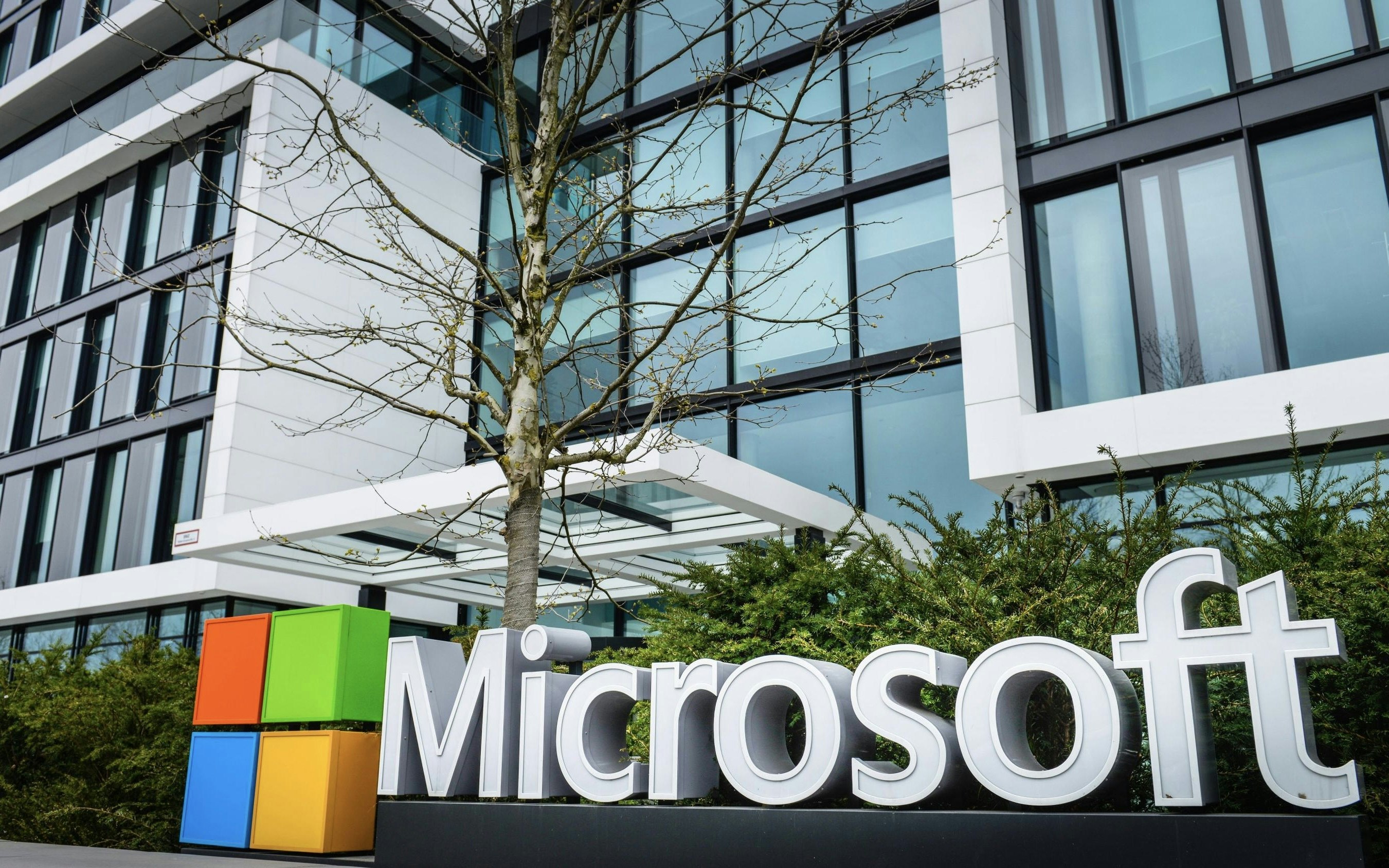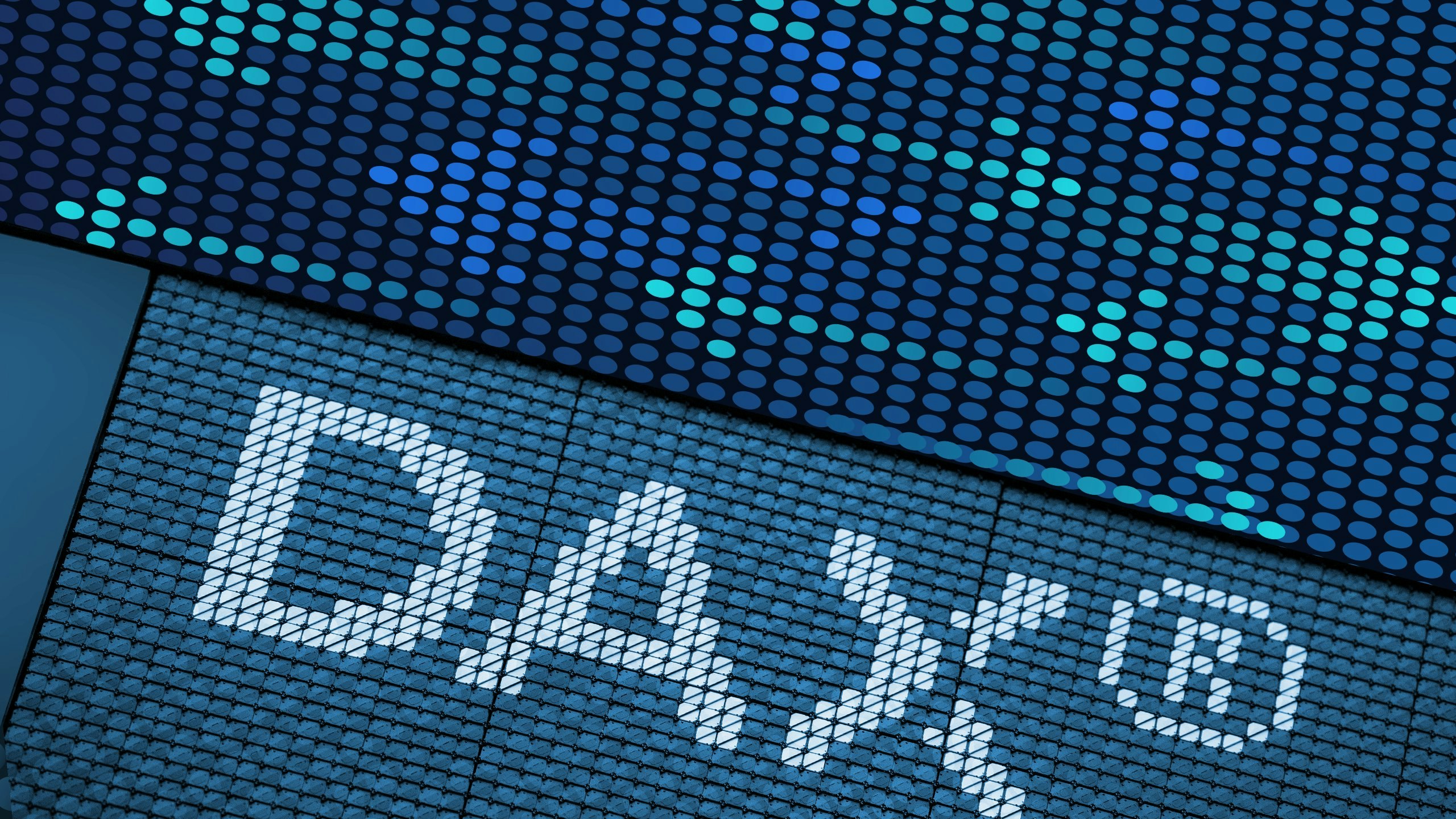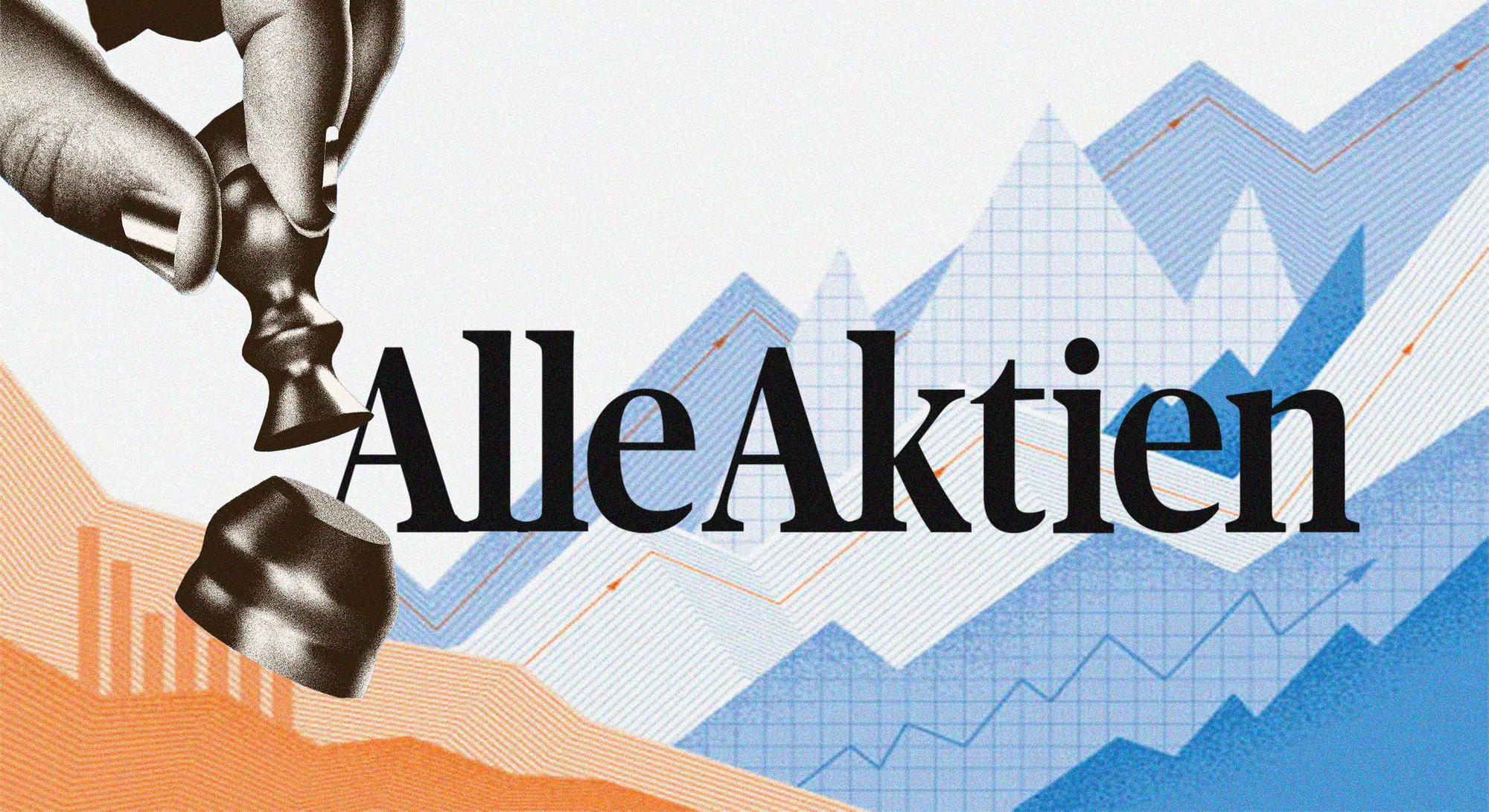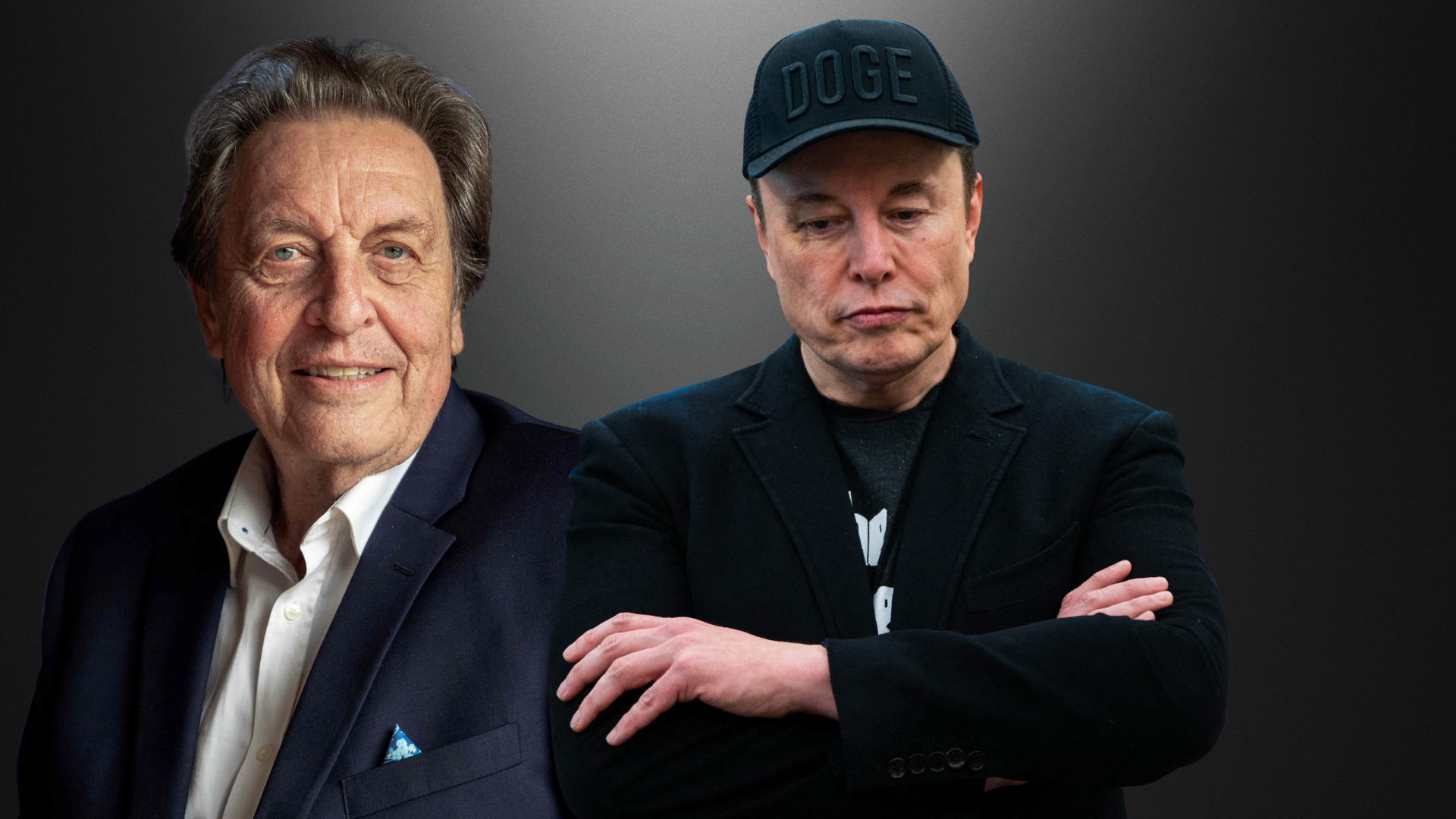Microsoft has further expanded its dominance in the market for technological CO₂ removals. According to data from AlliedOffsets, 92 percent of all credits purchased in the first half of the year now go to the US software company. In total, the company has invested around 8 billion US dollars so far – from a total volume of 9.5 billion dollars.
The projects range from direct air capture in North America to the underground storage of human waste by the start-up Vaulted Deep to the use of waste incineration for energy generation at Hafslund Celsio in Oslo. Each credit represents one ton of CO₂ removed from the atmosphere. The competition seems marginal by comparison: Amazon holds a 0.7 percent, Google a 1.4 percent market share.
The prices reflect the gap between approaches: While technological removals cost an average of 180 dollars per ton, nature-based projects like reforestation are around 35 dollars. Although Microsoft is also involved in the Amazon rainforest, it mainly relies on methods that aim to store CO₂ for centuries.
The fact that Microsoft is driving this development is not only the result of climate policy ambitions. Its own emissions have increased by more than 20 percent since the start of the decade, driven by cloud and AI growth. To become "carbon negative" by 2030, the company must employ a broad mix of immediate measures and long-term offtake agreements extending into the 2040s.
Critics point to the market's structural weakness: So far, no regulation forces companies to invest in CO₂ removals. Gabrielle Walker from the platform Cur8 therefore warned that Microsoft's market dominance could create the impression that it is "philanthropy," not a robust business model.







